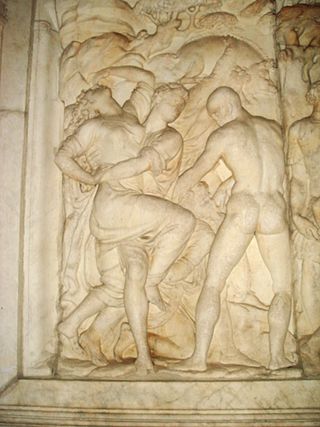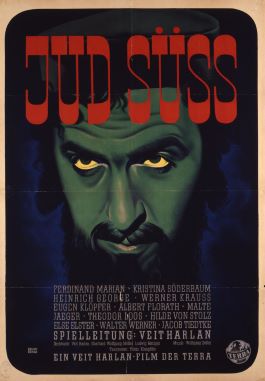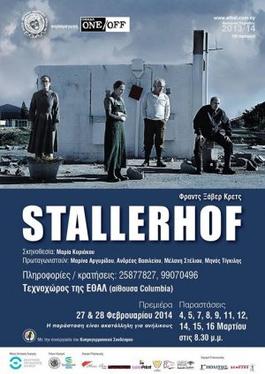Related Research Articles

Fascism is a far-right, authoritarian, ultranationalist political ideology and movement, characterized by a dictatorial leader, centralized autocracy, militarism, forcible suppression of opposition, belief in a natural social hierarchy, subordination of individual interests for the perceived good of the nation and race, and strong regimentation of society and the economy.

Genocide is the intentional destruction of a people in whole or in part. In 1948, the United Nations Genocide Convention defined genocide as any of five "acts committed with intent to destroy, in whole or in part, a national, ethnical, racial or religious group." These five acts were: killing members of the group, causing them serious bodily or mental harm, imposing living conditions intended to destroy the group, preventing births, and forcibly transferring children out of the group. Victims are targeted because of their real or perceived membership of a group, not randomly.

Mohandas Karamchand Gandhi was an Indian lawyer, anti-colonial nationalist and political ethicist who employed nonviolent resistance to lead the successful campaign for India's independence from British rule. He inspired movements for civil rights and freedom across the world. The honorific Mahātmā, first applied to him in South Africa in 1914, is now used throughout the world.
Millennialism or chiliasm is a belief which is advanced by some religious denominations. According to this belief, a Golden Age will occur or a Paradise will be established on Earth prior to the Last Judgment and the future eternal state of the "world to come".

William Shakespeare was an English playwright, poet and actor. He is widely regarded as the greatest writer in the English language and the world's pre-eminent dramatist. He is often called England's national poet and the "Bard of Avon". His extant works, including collaborations, consist of some 39 plays, 154 sonnets, three long narrative poems, and a few other verses, some of uncertain authorship. His plays have been translated into every major living language and are performed more often than those of any other playwright. Shakespeare remains arguably the most influential writer in the English language, and his works continue to be studied and reinterpreted.

Gudrun Ensslin was a German far-left terrorist and founder of the West German far-left militant group Red Army Faction.

A pogrom is a violent riot incited with the aim of massacring or expelling an ethnic or religious group, particularly Jews. The term entered the English language from Russian to describe 19th- and 20th-century attacks on Jews in the Russian Empire. Similar attacks against Jews which also occurred at other times and places retrospectively became known as pogroms. Sometimes the word is used to describe publicly sanctioned purgative attacks against non-Jewish groups. The characteristics of a pogrom vary widely, depending on the specific incident, at times leading to, or culminating in, massacres.

Berndt Andreas Baader was one of the first leaders of the West German left-wing militant organization Red Army Faction (RAF), also commonly known as the Baader-Meinhof Group.
This article contains information about the literary events and publications of 1975.
This article contains information about the literary events and publications of 1971.
Franz Xaver Kroetz is a German author, playwright, actor and film director. He achieved great success beginning in the early 1970s. Persistent, Farmyard, and Request Concert, all written in 1971, are some of the works conventionally associated with Kroetz.

Adolf Hitler's rise to power began in the newly established Weimar Republic in September 1919 when Hitler joined the Deutsche Arbeiterpartei. He rose to a place of prominence in the early years of the party. Being one of its best speakers, he was made the party leader after he threatened to otherwise leave.

The 2002 Gujarat riots, also known as the 2002 Gujarat violence, was a three-day period of inter-communal violence in the western Indian state of Gujarat. The burning of a train in Godhra on 27 February 2002, which caused the deaths of 58 Hindu pilgrims and karsevaks returning from Ayodhya, is cited as having instigated the violence. Following the initial riot incidents, there were further outbreaks of violence in Ahmedabad for three months; statewide, there were further outbreaks of violence against the minority Muslim population of Gujarat for the next year.

Wartime sexual violence is rape or other forms of sexual violence committed by combatants during an armed conflict, war, or military occupation often as spoils of war, but sometimes, particularly in ethnic conflict, the phenomenon has broader sociological motives. Wartime sexual violence may also include gang rape and rape with objects. A war crime, it is distinguished from sexual harassment, sexual assaults and rape committed amongst troops in military service.

Jud Süß is a 1940 Nazi German historical drama and propaganda film produced by Terra Film at the behest of Joseph Goebbels. It is considered one of the most antisemitic films of all time. The film was directed by Veit Harlan, who wrote the screenplay with Eberhard Wolfgang Möller and Ludwig Metzger. The leading roles were played by Ferdinand Marian and Harlan's wife Kristina Söderbaum; Werner Krauss and Heinrich George played key supporting roles.
Gerd Kühr, also Gerd Kuhr, is an Austrian conductor, composer of classical music and academic teacher. He is known for operas, such as Stallerhof on a libretto by the author of the play, Franz Xaver Kroetz, and film music including Schlöndorff's Eine Liebe von Swann.
Jenny Twigge is a British actress who studied at the Royal Scottish Academy of Music and Drama, Glasgow. She was a patron of animal rescue group All Dogs Matter.

The Staatstheater Darmstadt is a theatre company and building in Darmstadt, Hesse, Germany, presenting opera, ballet, plays and concerts. It is funded by the state of Hesse and the city of Darmstadt. Its history began in 1711 with a court theatre building. From 1919 it was run as Landestheater Darmstadt. The present theatre was opened in 1972 when the company was named Staatstheater.
Events in the year 1946 in Germany.

Stallerhof is a 1971 play in three acts by Franz Xaver Kroetz. Along with its sequel Geisterbahn (1975), it is regarded as one of Kroetz's most important works in the period. The play focuses on "the parent-child relationship between a farming couple and their myopic, retarded daughter Beppi, as well as on the relationship between the young girl and her lover, the old loner Sepp". The playwright Kroetz is known for his plays featuring severely mentally or emotionally impaired characters, often set in his native Bavaria.
References
- 1 2 Malkin, Jeanette R. (23 April 1992). Verbal Violence in Contemporary Drama: From Handke to Shepard . Cambridge University Press. p. 105. ISBN 978-0-521-38335-6.
- ↑ "Theater: Ländliche Tragödie". Der Spiegel (in German). 26 June 1972. Retrieved 30 April 2015.
- ↑ Grange, William (9 July 2009). Historical Dictionary of Postwar German Literature. Scarecrow Press. p. 160. ISBN 978-0-8108-6314-9.